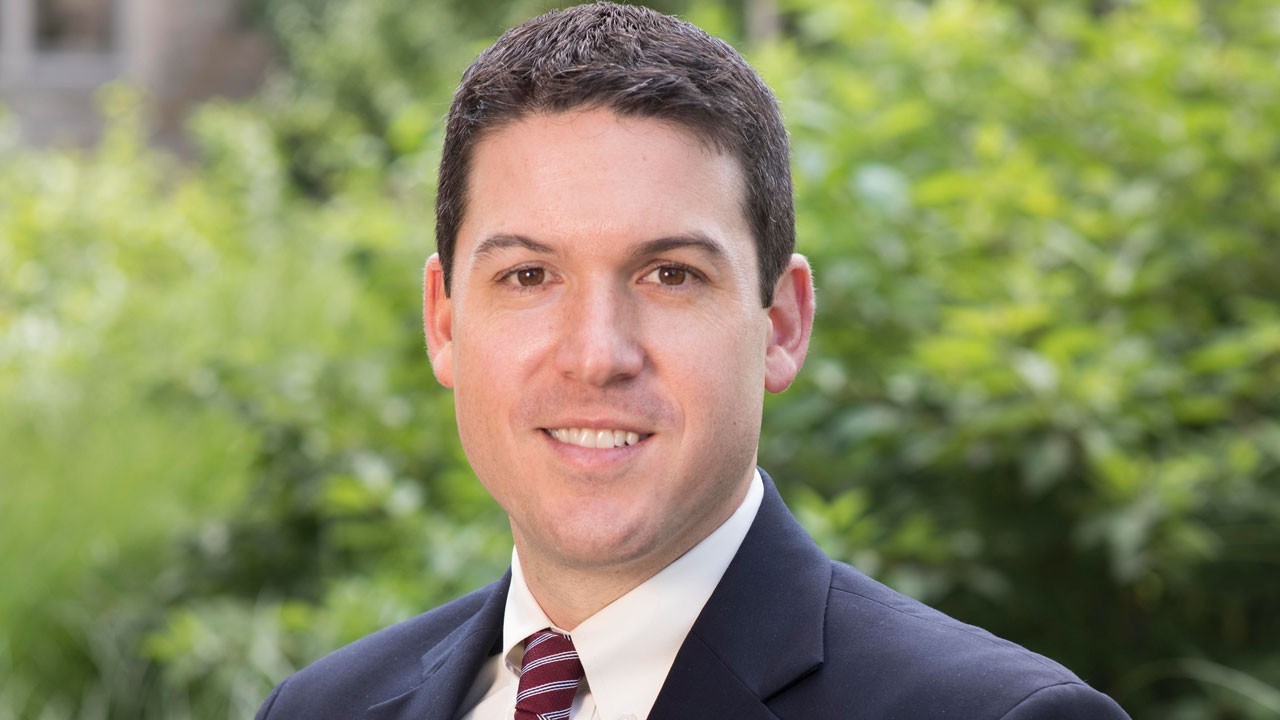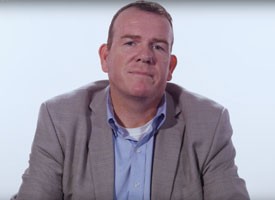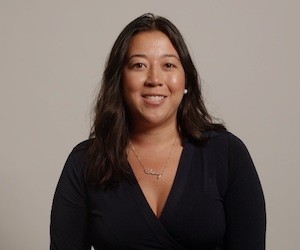
We review each application with a level of thoroughness and thoughtfulness that reflects the time and effort you have invested in Boston College. In making admission decisions, we consider grades, standardized test scores, what you do outside of school, teachers’ and others’ appraisals, and how you express yourself through writing.
Information for.
Before you begin the application process, hear from Dean of Admission & Financial Aid, Grant Gosselin, who shares some advice and suggestions about applying to Boston College.
Explore each requirement to learn more about our application review.

Associate Director Chris O'Brien
For our undergraduate admission process, Boston College uses the Common Application. We require that all candidates submit their application electronically. Please make sure to carefully select your preference for Early Decision or Regular Decision consideration on the Common Application.
Selecting an Academic Division
Candidates are required to apply to one of the University's four undergraduate academic divisions: the Morrissey College of Arts and Sciences, Carroll School of Management, Lynch School of Education and Human Development, or Connell School of Nursing. Students are only considered for admission to the division to which they applied. Students do not have to declare a specific major when applying (with the exception of Engineering* & Nursing.) Learn more about choosing an academic division.
* Because of the limited number of spaces in the entering cohort, HCE major applicants only will have the option to indicate a second major in the Morrissey College of Arts and Sciences on their application. If applicants are not offered admission to the HCE major, they may be considered for their second-choice major.
Note on Use of Artificial Intelligence
Personal statements, supplemental essays, and free responses provide students with a valuable opportunity to have an authentic voice in the college admission process. While students may turn to a variety of resources such as parents/guardians, English teachers, and school counselors in order to generate ideas, the content must be their own. Generative artificial intelligence tools like ChatGPT may also serve as a resource, but must only be used as a guide; content must never be directly copied from AI or other sources. The submission of original content not only adheres to the ethical expectations in applying to college, but benefits the applicant by having their authentic personal story valued by the Admission Committee.
Notice of Nondiscrimination
The Office of Undergraduate Admission deeply values the contributions made by a diverse community of scholars. Learn more about Boston College's notice of nondiscrimination.

Associate Director Amy Chung
The Boston College Writing Supplement must be submitted along with your application to Boston College at www.commonapp.org. Please do not mail or email your essay response.
We would like to get a better sense of you. Please respond to one of the first four prompts below (400 word limit). Students applying to the Human Centered Engineering major should respond to Prompt #5 instead.
1. Each year at University Convocation, our incoming class engages in reflective dialogue with the author of a common text. What book by a living author would you recommend for your incoming class to read, and why would this be an important shared text?
2. At Boston College, we draw upon the Jesuit tradition of finding worthwhile conversation partners. Some support our viewpoints while others challenge them. Who fulfills this role in your life? Please cite a specific conversation you had where this conversation partner challenged your perspective or you challenged theirs.
3. In her November 2019 Ted Talk, “The Danger of a Single Story,” Chimamanda Ngozi Adichie warned viewers against assigning people a “single story” through assumptions about their nationality, appearance, or background. Discuss a time when someone defined you by a single story. What challenges did this present and how did you overcome them?
4. Boston College’s founding in 1863 was in response to society’s call. That call came from an immigrant community in Boston seeking a Jesuit education to foster social mobility. Still today, the University empowers its students to use their education to address society’s greatest needs. Which of today’s local or global issues is of particular concern to you and how might you use your Boston College education to address it?
5. Human-Centered Engineering (HCE) Applicants only: One goal of a Jesuit education is to prepare students to serve the Common Good. Human-Centered Engineering at Boston College integrates technical knowledge, creativity, and a humanistic perspective to address societal challenges and opportunities. What societal problems are important to you and how will you use your HCE education to solve them?